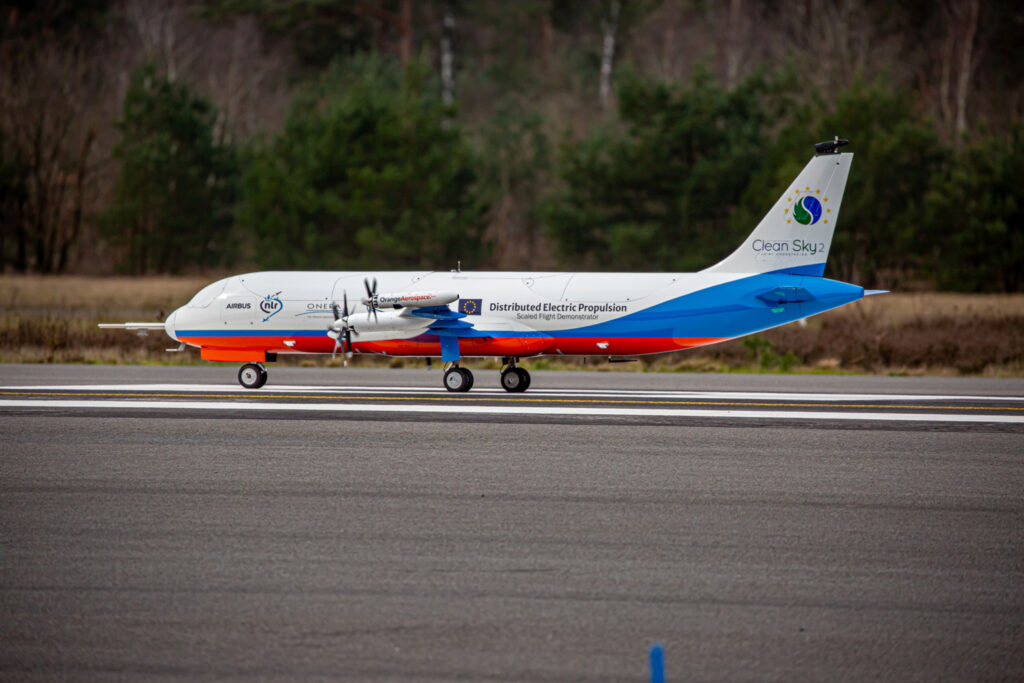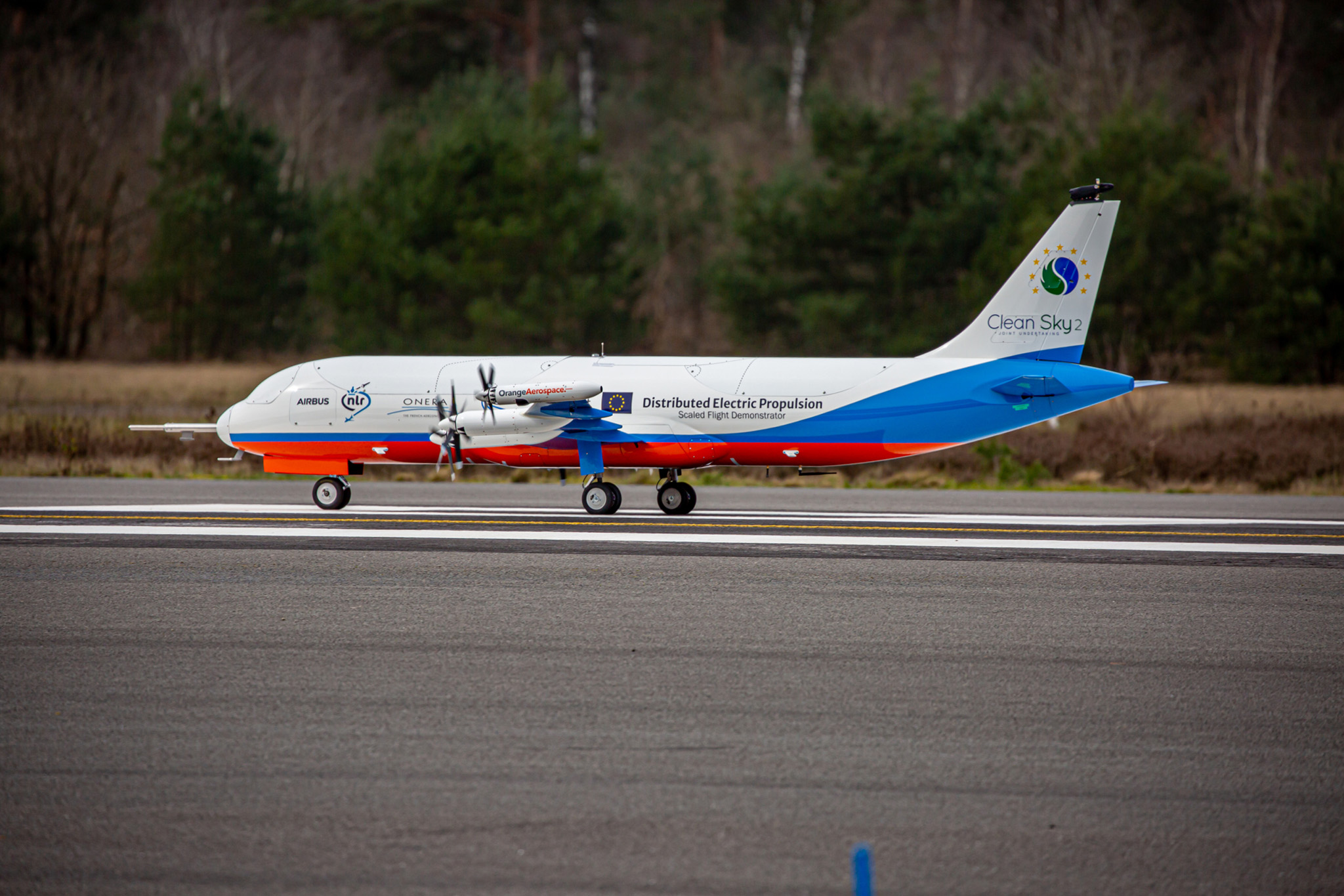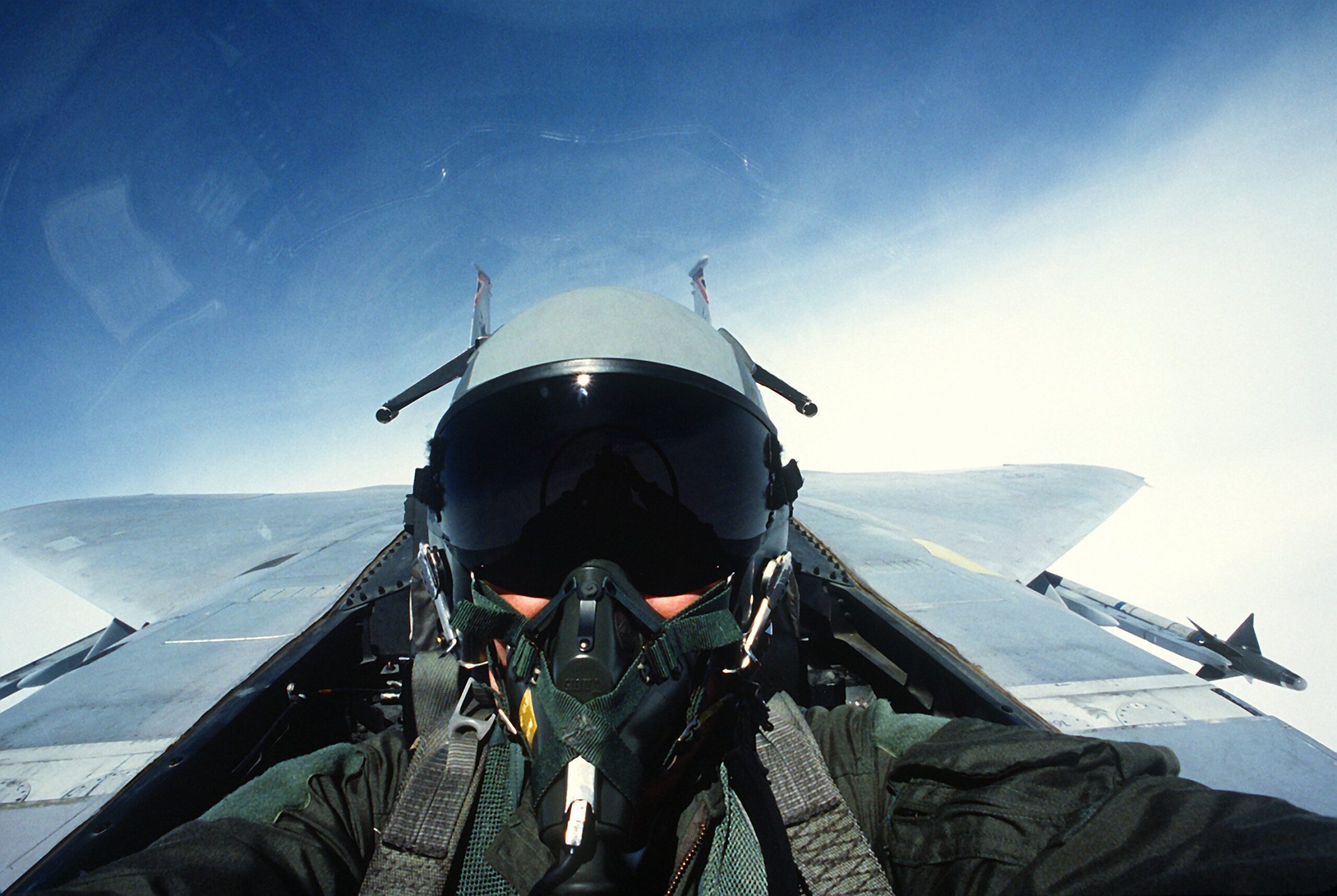On Thursday evening, May 11, the DEP-SFD (Distributed Electric Propulsion Scaled Flight Demonstrator) caught fire during ground tests conducted in the NLR parking lot in Amsterdam. NLR conducts these essential tests to facilitate the introduction of new technology in aviation. As far as is known , no issues were encountered with the electrically powered aircraft when the crew started performing the tests. According to senior scientist Henk Jentink, it is a bitter pill to swallow : “We are very disappointed. Currently, we are unable to determine the cause of the fire. During testing, we observed smoke emanating from the device. Given the device is equipped with batteries, we promptly followed our risk plan and contacted the emergency services. They swiftly extinguished the device and safely removed and neutralized the batteries”.
The unfortunate incident caused significant damage to the aircraft and led to schedule disruptions. “It is disheartening to witness that our endeavours thus far have not produced the desired outcome,” remarks Jentink. “While the situation is unfortunate we must utilized the valuable lessons learned to enhance our future efforts.”
Although this is a significant setback, Jentink emphasizes that this incident will not deter the project partners involved from pursuing the research. “Let us view this incident as a learning opportunity and a moment to show resilience. Together, we can overcome these challenges and propel our research to new heights. We rely on the commitment and determination of everyone involved to quickly get the project back on track”.

Partners of the project are Airbus, NLR, ONERA, CIRA and TU Delft supported by Orange Aerospace.
This project has received funding from the Clean Sky 2 Joint Undertaking (JU) under grant agreement No 945583—GAM-2020-LPA. The JU receives support from the European Union’s Horizon 2020 research and innovation program and the Clean Sky 2 JU members other than the Union.




